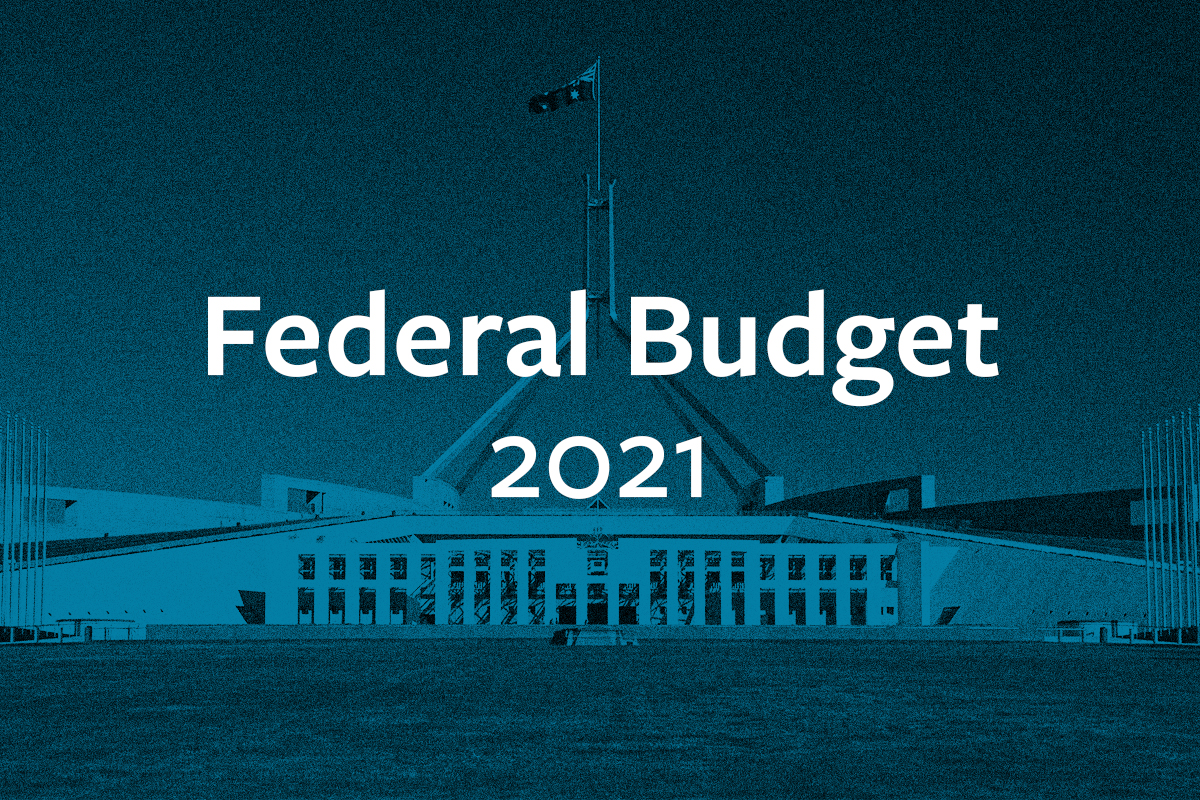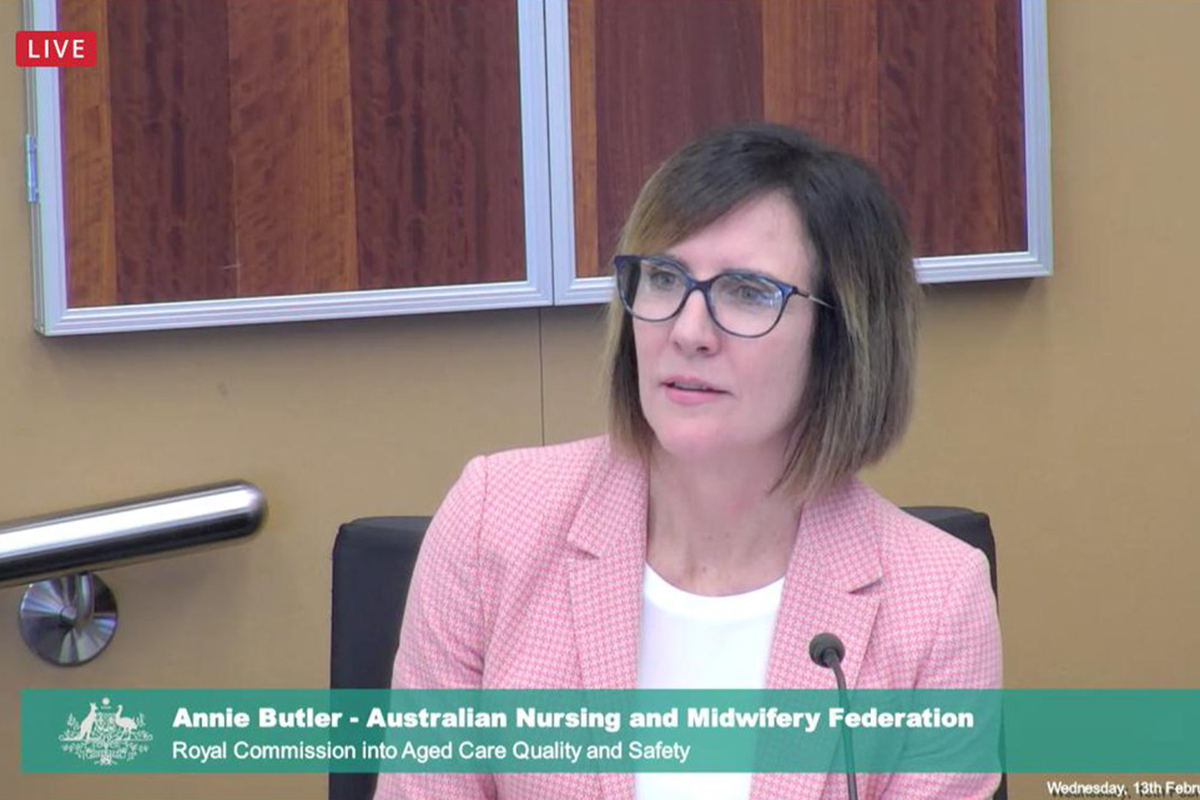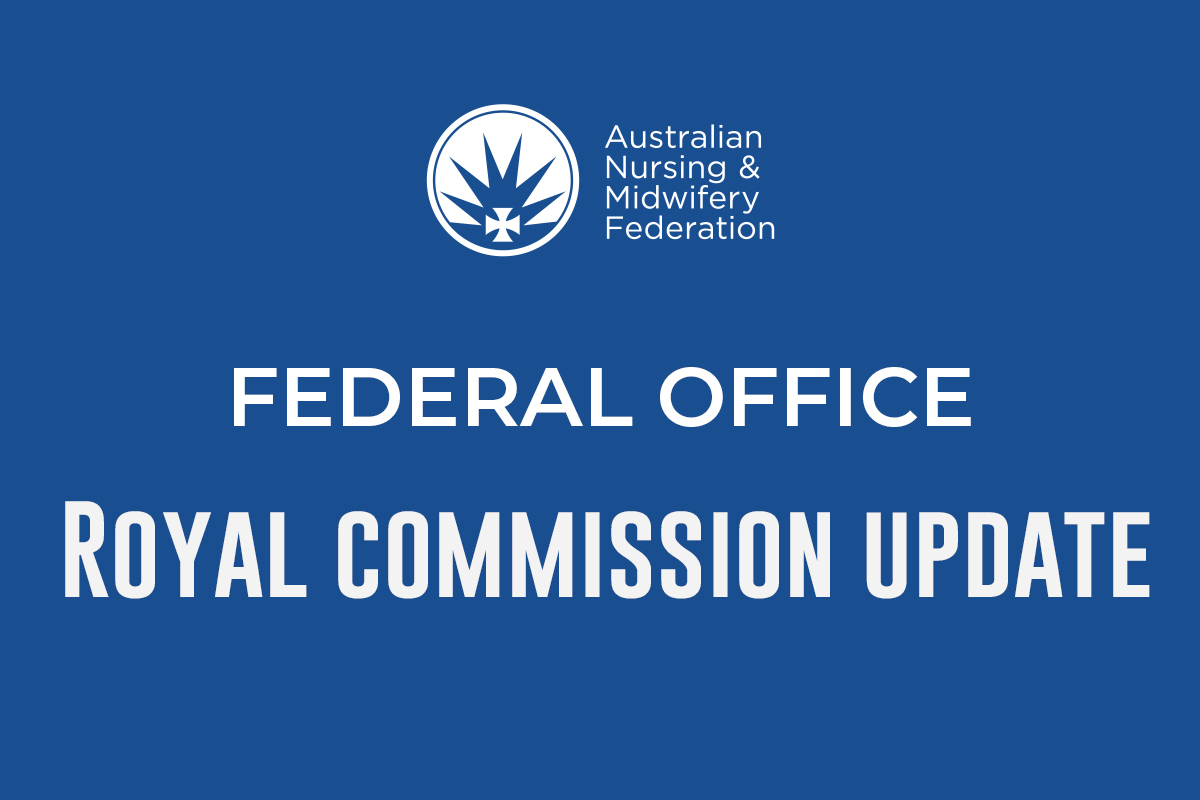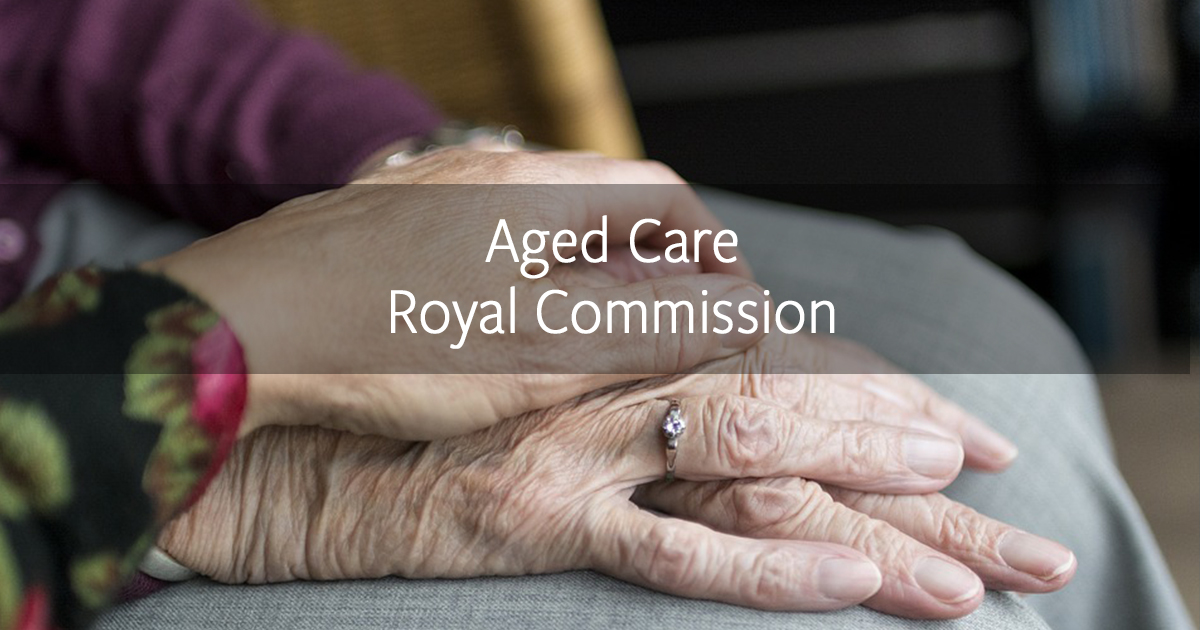
The Morrison Government will spend $17.7 billion on aged care over the next five years as part of its response to the aged care royal commission.
In his budget speech on 11 May Treasurer Josh Frydenberg said the package would bring the government’s ‘record investment in aged care to over $119 billion over the next four years’.
Many of the investments are aimed at improving governance and systems and a large portion will fund an additional 80,000 home care packages.
Providers will receive $3.2 billion to deliver better care and services, including food through a new basic daily fee supplement of $10 per resident per day.
The Royal Commission into Aged Care Quality and Safety final report released in March 2021 found ‘the extent of substandard care in the current system is unacceptable, deeply concerning and has been known for many years’.
It found low and unacceptable staffing levels, inadequate time to care and an undervalued workforce paid poor wages were significant factors ‘compromising the care of residents despite the best intentions.’
So, will the Morrison Government’s 2021 Federal Budget address these issues?
Workforce and staffing levels
A significant $3.9 billion chunk of the 2021 Federal aged care budget is intended to increase the amount of care minutes delivered to residents by nurses and personal care workers.
In his speech Treasurer Josh Frydenberg said the Morrison Government would ‘increase the time nurses and carers are required to spend with residents’.
The government says all private and not-for-profit residential aged care services will have to provide every resident with a mandated 200 care minutes a day, including 40 minutes with a registered nurse.
Providers must have this in place by October 2023, which is more than a year later than the aged care royal commission’s recommendation. The royal commission also recommended a further increase in care minutes by 2024.
The Morrison Government will also spend $216.7 million over three years to build workforce capacity including additional scholarships and transition to practice programs, including regional and rural areas.
It will spend $105.6 million to introduce a national worker screening, register and code of conduct that will apply to all care sector workers, including aged care.
ANMF continues to argue, as recommended by Commissioner Lynelle Briggs, that registration of personal care workers should occur through the Australian Health Practitioner Regulation Agency due to their close work with registered and enrolled nurses.
There’s a further $9.8 million to extend the national aged care workforce recruitment campaign.
ANMF (Vic Branch) Secretary Lisa Fitzpatrick said ‘We welcome the premise of the budget to recruit, retain and develop a future nursing and personal care worker workforce.
‘But first the Morrison Government must direct the sector to stop cutting staff and hours from the roster.’
What were the aged care royal commission staffing recommendations?
- Recommendation 86 – From 1 July 2022, the minimum staff time standard should require providers to engage registered nurses, enrolled nurses, and personal care workers for at least 200 minutes per resident per day for the average resident, with at least 40 minutes of that staff time provided by a registered nurse. From 1 July 2024 the minimum care time staff provision should be 215 minutes per average resident, with 44 minutes provided by a registered nurse. A registered nurse should be on-site at nursing homes at all times.
- Recommendation 77 – Registration for personal care workers, including a mandatory minimum qualification of a Certificate III, ongoing training requirements and a code of conduct.
- Recommendation 75 – The government should establish an Aged Care Workforce Planning Division to prepare an interim workforce strategy and planning framework for 2022–25 and a 10-year strategy for 2025–35.
Wages
The aged care royal commission final report found both the Federal Government and aged care providers had a responsibility to lift the employment conditions and the status of aged care workers.
Commissioner Lynelle Briggs observed that ‘due to the weakening of qualified staff requirements, providers have been able to reduce the number and proportion of nurses working in the system and increase the proportion of lowly paid care workers’.
She called it ‘one of the great tragedies of aged care’.
Apart from a ‘retention bonus’ only for aged care nurses, the Morrison Government did not provide anything specific in the Federal Budget to boost wages.
The government announced it would pay a $3,700 bonus to full time nurses and $2,700 to part-time nurses. No further details have been released.
Rather than a one-off bonus, ANMF supports a significant wage rise for the private and not-for-profit aged care workforce, including nurses and personal care workers, that reflects their value and the importance of their work.
ANMF has made an application in the Fair Work Commission seeking a 25 per cent wage increase for aged care registered and enrolled nurses, and personal care workers.
The union will also make significant wage claims in the next round of enterprise bargaining to bring private and not-for-profit aged care nurses’ and carers’ wages in line with public sector aged care.
Ms Fitzpatrick said ‘The record funding boost to aged care providers over the next four years should fatten the providers’ purses and their ability to pay significant wage rises.
‘The Morrison Government couldn’t possibly spend $17.9 billion on aged care and not improve the wages of the dedicated nurses and carers.’
What were the aged care royal commission’s wage recommendations?
- Recommendation 84 –Unions should collaborate with the Federal Government and employers to bring a work value case and equal remuneration application to the Fair Work Commission.
- Recommendation 85 – Make wage increases an objective of the aged care funding system taking into account the need to deliver high quality care and the need to attract staff with the appropriate stills.




